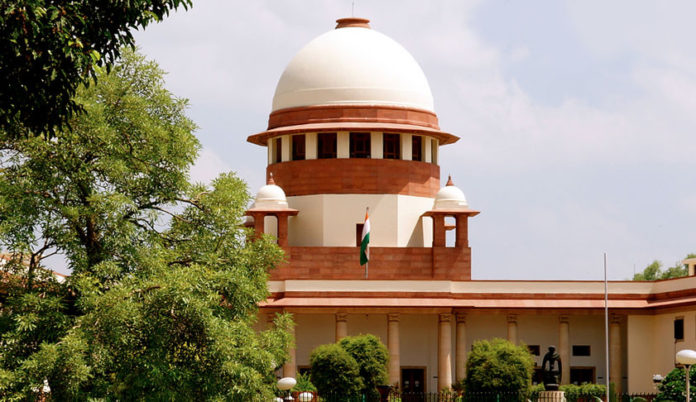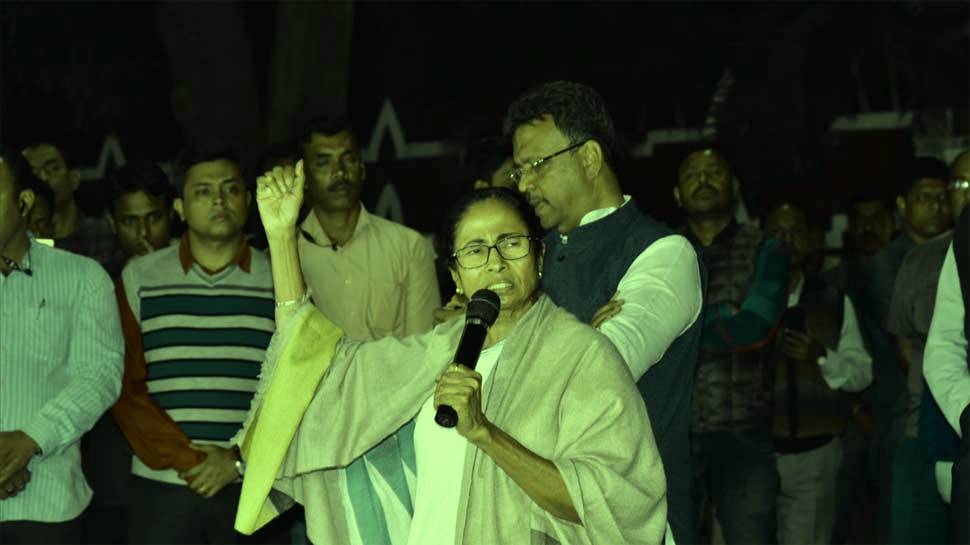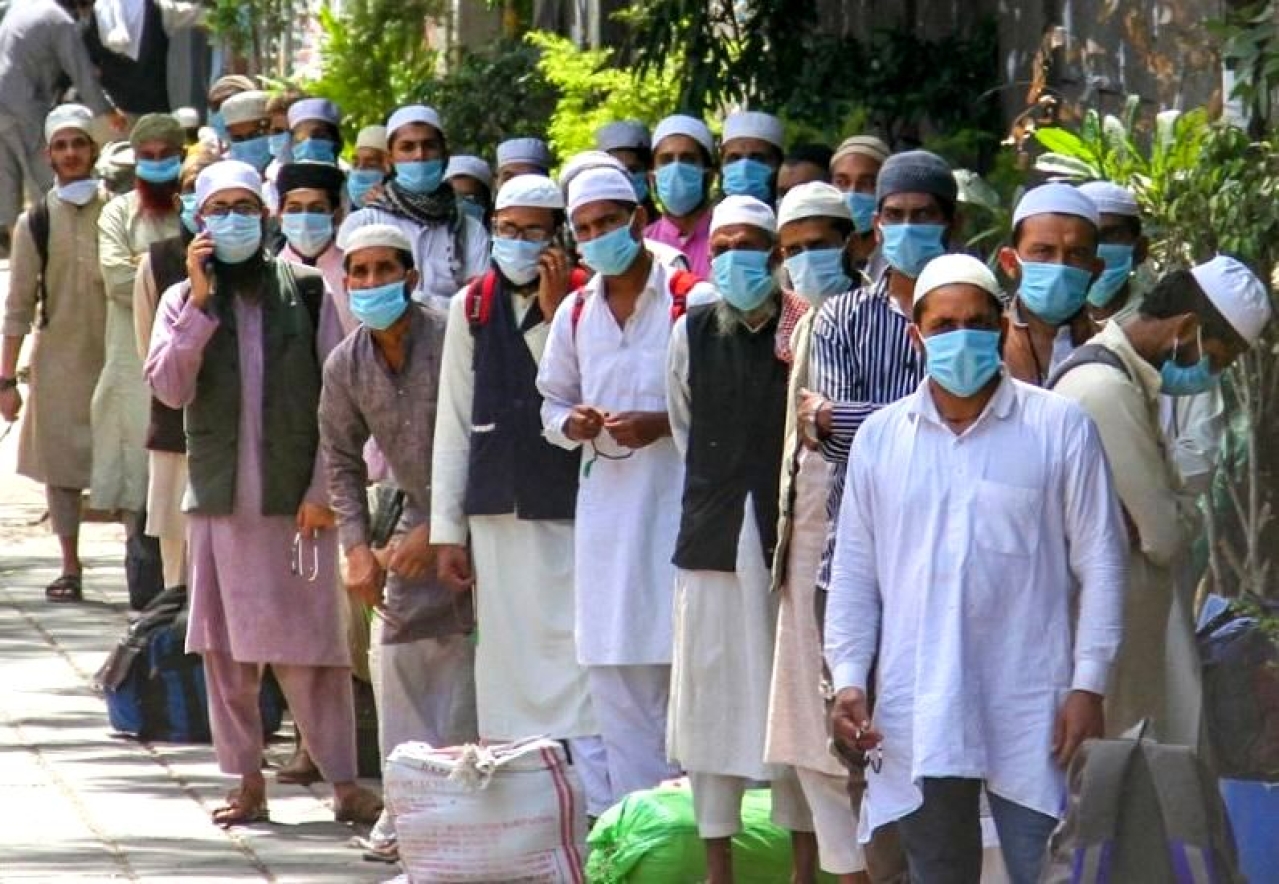On Tuesday, the Kerala government invoked Article 131 to file a petition against the Citizenship Amendment Act (CAA) in the Supreme Court. With this Kerala has become the first state to move the Apex court challenging CAA.
Following in Kerala’s footsteps, the Chhattisgarh government, on Wednesday, filed a suit in the Supreme Court under Article 131, challenging the National Investigation Agency (NIA) Act on the ground that it encroaches upon the state’s powers to maintain law and order.
Let us now understand Article 131 and why the state government has filed a suit in the Supreme Court.
What is Article 131?
Article 131 vests the Supreme Court with original jurisdiction over any dispute arising between the states or between the centre and state. The article gives the Supreme Court exclusive power to take up such cases straight instead of going through a lower court or reviewing a lower court’s judgement.
Under the article, the Supreme Court will have the power to hear a case first-hand, as against appellate jurisdiction, in which the apex court has to review a lower court’s judgement.
When can Article 131 be invoked?
Article 131 can be invoked by a state whenever there is a difference of opinion between the centre and state on the question of interpretation of the Constitution, which will affect the exercise of government powers that are attributes of a state.
For a dispute to qualify as a dispute under Article 131, it has to necessarily be between states and the Centre, and must involve a question of law or fact on which the existence of a legal right of the state or the Centre depends. In a 1978 judgment, State of Karnataka v Union of India, Justice P N Bhagwati had said that for the Supreme Court to accept a suit under Article 131, the state need not show that its legal right is violated, but only that the dispute involves a legal question.
Article 131 cannot be used to settle political differences between state and central governments headed by different parties.
What is Kerala’s Petition about?
While filing its petition under Article 131, the Kerala government has stated that CAA violates Article 14, Article 21 and Article 25 of the Indian constitution, which guarantee basic principles such as equality before the law, protection of life and personal liberty and freedom of conscience and free profession, practice, and propagation of religion.The plea also added that the CAA and its rules and orders are bereft of any standard principle or norm in discriminating migrants from other countries like Sri Lanka, Myanmar and Bhutan, which are sharing international borders with India and to which and from which there has been trans-border migration. It said if the object of the CAA is to protect the minorities who faced religious persecution in Afghanistan, Pakistan and Bangladesh, then the Ahmaddiyas and Shias from these countries are also entitled to treatment equal to that being now extended to Hindu, Sikh, Buddhist, Jain, Parsi and Christian communities.
How it is Different from Other Petitions?
Several petitions have been filed against the CAA act in the Supreme Court. The apex court may hear the petitions separately or club them together but Kerala Government’s petition cannot be clubbed with those petitions.
Kerala Government’s writ petition is not the same as the other challenges that are scheduled to be heard before the apex court on January 22. Kerala has filed its petition challenging the constitutional validity of the CAA act by invoking article 131 of the Indian constitution hence it is an original suit. The petition invokes the mechanism for the states to challenge the centre.
What Does Invoking Article 131 Imply for the CAA?
The new Citizenship (Amendment) Act seeks to provide Indian citizenship to six religious minority communities – Hindu, Sikh, Buddhist, Jain, Parsi and Christian- who migrated to India before December 31, 2014 from Afghanistan, Pakistan and Bangladesh to escape religious persecution.
The law has been controversial since its passing by the Indian Parliament, it has attracted nation-wide protests, which turned violent in several cities. Following this, several petitions were filed before the Supreme Court challenging its constitutional validity. The Supreme Court issued a notice to the centre on December 18 and sought its response by the second week of January.
However, Kerala’s decision to move the petition under Article 131 does not guarantee its success. The question of what the jurisdiction of the Supreme Court under Article 131 entails is highly disputed, with different benches having taken contrasting views on the matter. In addition, the Supreme Court will be faced with the question of how to engage with Kerala’s petition.
Article 131 was invoked by the state of Madhya Pradesh in 2011 challenging certain aspects of its reorganization following bifurcation and formation of Chhattisgarh. In the state of MP vs Union of India case, the Supreme Court had refused to accept the plea under Article 131 and held that validity of central laws can be challenged under Article 32 (infringement of fundamental rights).
However, this ruling was challenged in 2014 during the hearing of the State of Jharkhand vs State of Bihar case over dispute after bifurcation. The two-judge bench comprising Justices Chelameswar and SA Bobde disagreed with the earlier 2011 judgement and held that there was no bar on Article 131 being used to hear such matters. The bench had referred the case to a larger bench, which has not been constituted till now.
This means that the Supreme Court will have to take a decision on the prior reference before passing any judgement on the Kerala government’s petition. It would also need to set up a larger bench to hear the previous case.














